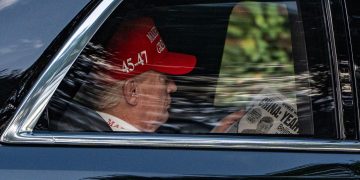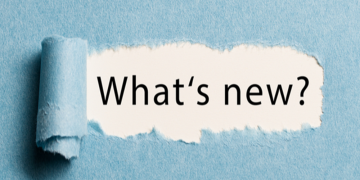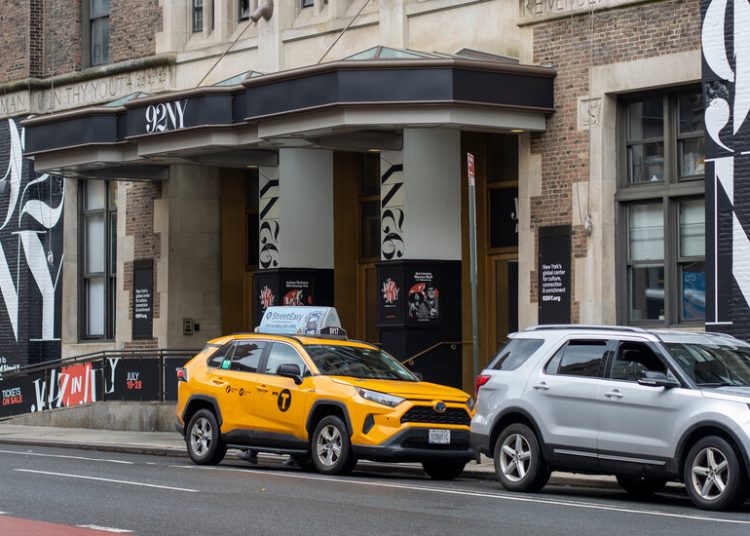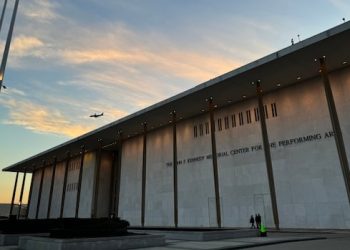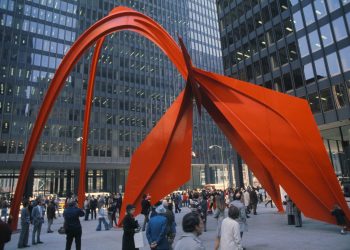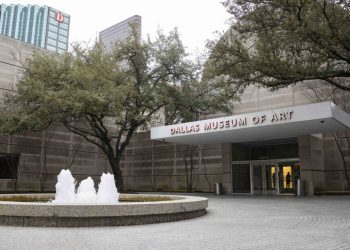The owner of the prestigious journal Artforum fired its top editor for publishing an open letter supporting “Palestinian liberation,” prompting resignations and a boycott by writers and artists. A prominent Hollywood agent stepped down from a leadership role at Creative Artists Agency after sharing images on social media that used the word “genocide” to describe Israel’s military campaign in Gaza.
The interim chief executive of a San Francisco art museum resigned after artists and employees demanding divestment from Israel issued what she characterized as “vitriolic and antisemitic backlash directed at me personally.” And last month, the longtime chief executive of PEN America stepped down after months of intense criticism from authors who said that the free expression group had not taken a forceful stand against Israel’s actions, with some blaming the former executive, who is Jewish, for “longstanding commitments to Zionism, Islamophobia, and imperial wars in the Middle East.”
Shock waves from the war have been felt throughout the arts and cultural world, with movie productions, museums and book festivals — not to mention universities, institutions and entire industries — experiencing bitter conflict over what qualifies as tolerable speech about the conflict and its combatants. But many observers say that the narrowing of the discourse in artistic spaces since Oct. 7, 2023 — when Hamas attacked Israel, killing 1,200 and abducting nearly 250,…









